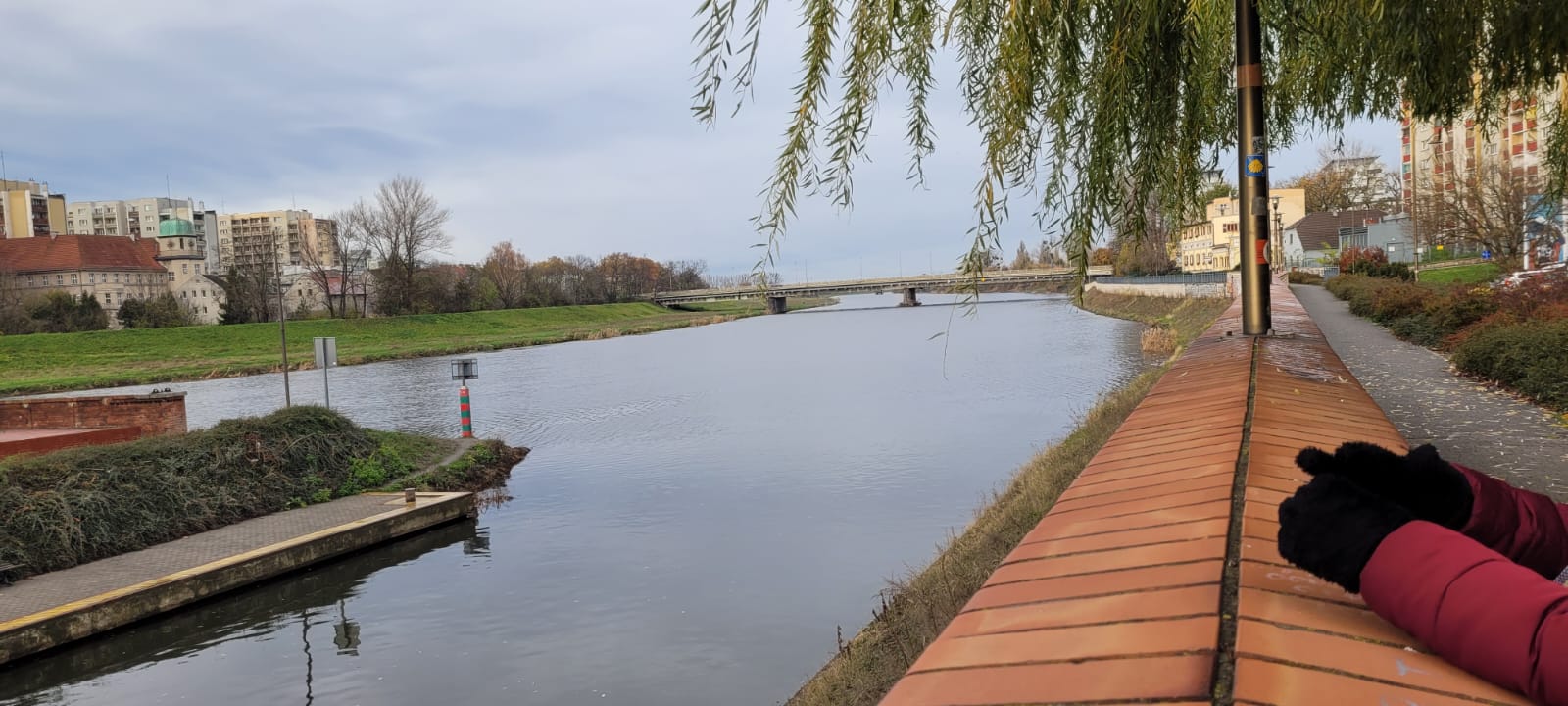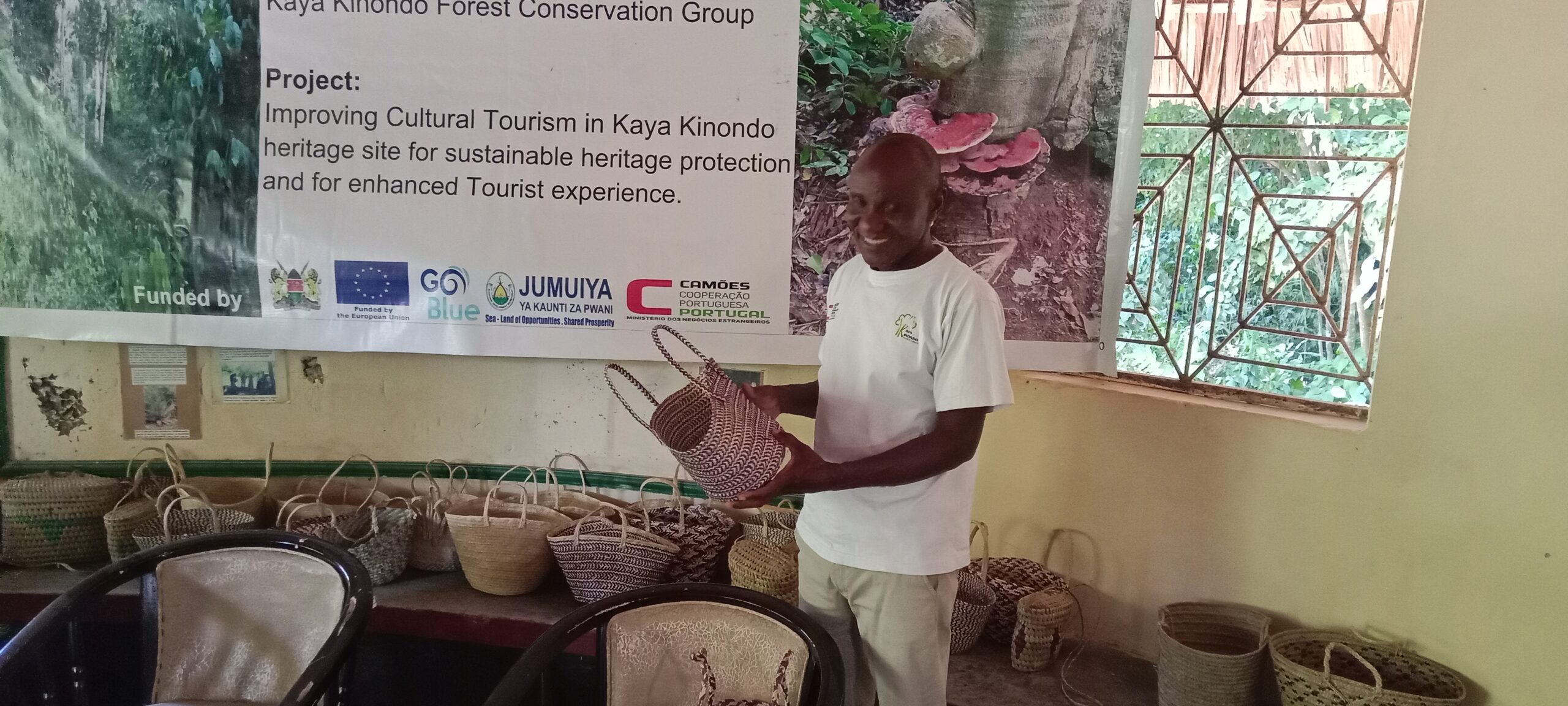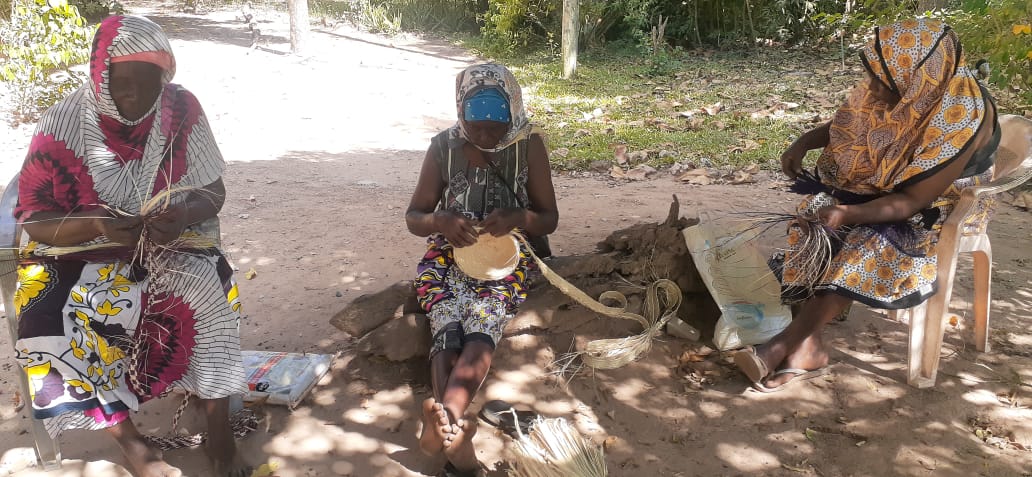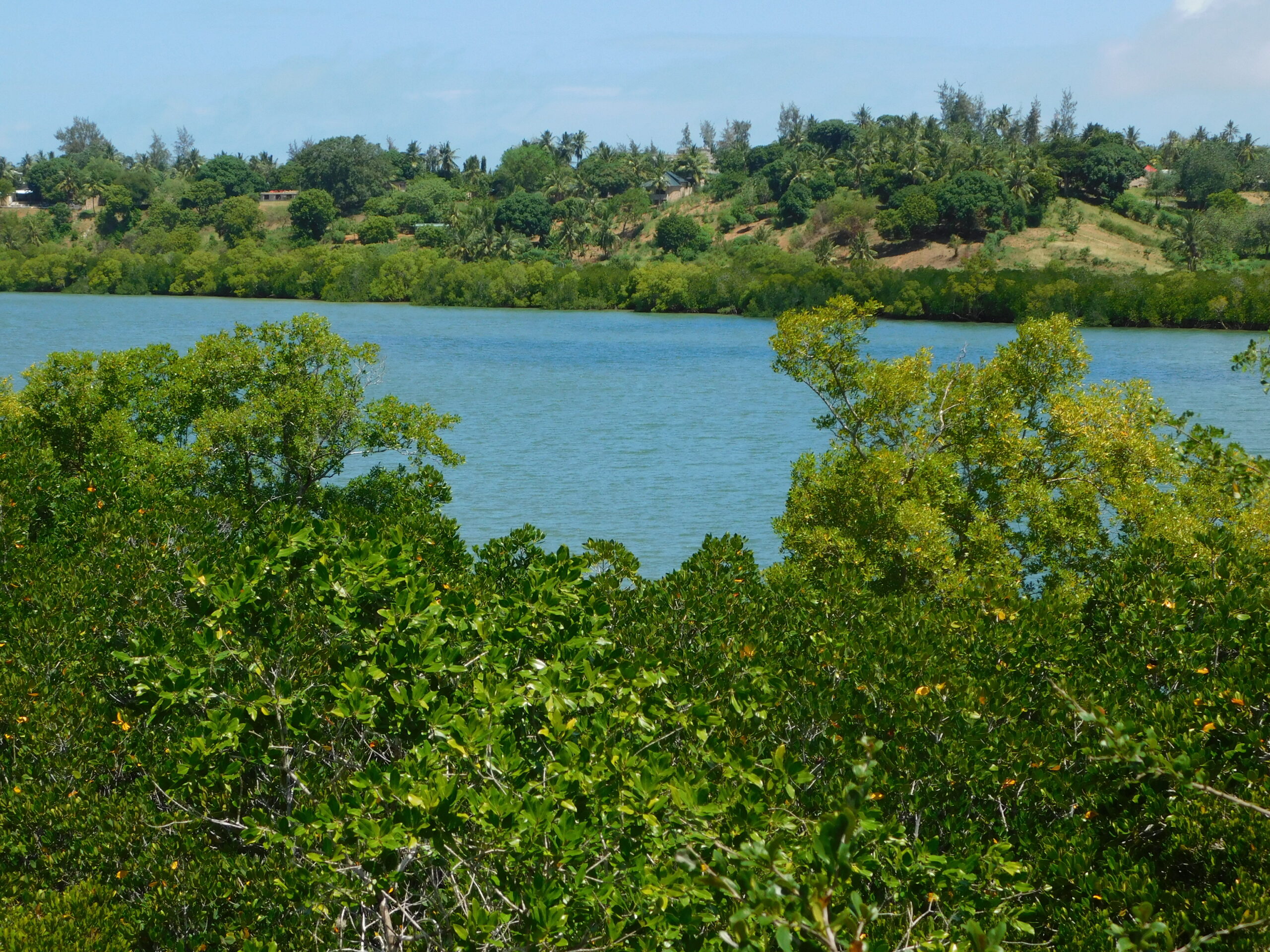Phoebe Maina, CEO of Steri Tours and Travels. Photo credit Phoebe Maina
What began as a side hustle for Phoebe Maina in 2017 blossomed into a full-fledged company by 2020, amidst the challenges of the COVID-19 pandemic.
Phoebe Maina, now the CEO of Steri Tours and Travels, transformed her passion for travel and community development into a thriving business that seamlessly blends opulence, eco-consciousness, and profound cultural immersion.
The company currently has employed two full-time and two part-time staff members.
“I started the company in 2017 as a side hustle,” Phoebe explains. “I was still employed at a non-profit organization, but in 2020 during the COVID pandemic, I decided to go full-time into tourism.”
Phoebe’s background in the non-profit sector heavily influenced her approach. While traveling with donors involved in community development, she noticed a pattern: after their work, they often enjoyed a safari. This inspired her to see an opportunity for communities to benefit directly from tourism.
Her vision extended beyond merely offering luxurious experiences, she aimed to create job opportunities for the youth and support local communities.
“I could see people surrounded by beautiful hotels but still struggling to make ends meet,” she says. “I thought, how can I work with the community to offer memorable experiences to travelers while they benefit from the same? They get to earn a decent income from it, and by the end of the day, the traveler is happy, the host community is happy, and the tour company and hotel are happy.”
The COVID-19 lockdown presented significant challenges. “It was an interesting and tricky period because nobody was allowed to travel, the country was locked down,” Phoebe recalls. “But my passion to create an impact in the industry by creating jobs and income for the host community and beautiful experiences for the travelers kept me going.”
Once the lockdown was lifted, Phoebe’s creativity shone through. She launched a “mumcation” trip—a getaway for women to unwind and share their experiences.
“My first trip with my clients was a mumcation,” she says. “Statistics showed that women suffered a lot during COVID—there was a lot of gender-based violence, women were stressed and depressed. So, I decided to create a getaway for women to unwind in a beautiful location and have a break from parenting. Many women signed up for it.”
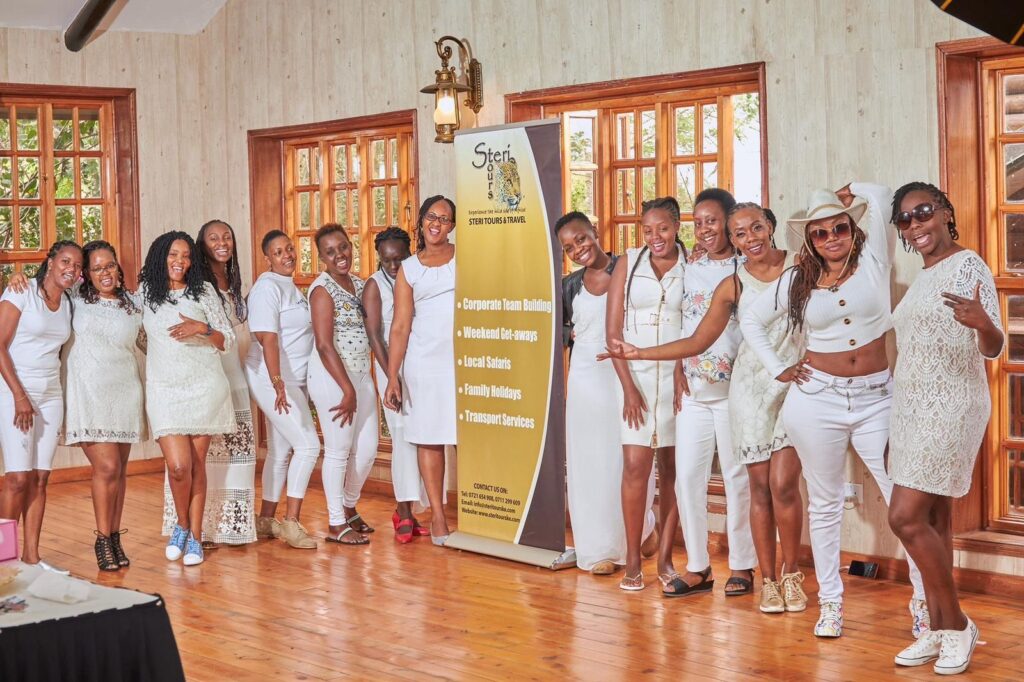
Phoebe’s clients enjoying one of the “mumcation” holidays.Photo Credit Phoebe Maina.
This initiative opened doors for her business. More bookings flowed in from women and others looking for vacations and holiday experiences.
Phoebe didn’t stop there; she launched another initiative called “Enterprenuersworcation” aiming to bring together entrepreneurs to share their challenges they faced during the pandemic.
“I wanted entrepreneurs to interact, not in a conference setup but in an outdoor experience,” she explains. “We organized a trip to Samburu where they could learn from each other about navigating business during pandemic times like the COVID crisis.”
For Phoebe, creativity and networking have been key to her growth in the tourism industry, a field once perceived as male-dominated.
With a strong focus on sustainable tourism, Steri Tours has partnered with various stakeholders including the Laikipia Conservancies Association, to create experiences that extend beyond traditional safaris and enhance their impact.
“We focus on socially responsible tourism because we care so much about the people. We connect the planet and profit and offer Kenya beyond the safaris with cultural immersion and conservation experiences,” Phoebe says. “We work with the community to show their way of life, including their language, music, food, and traditions.”
She said she serves both domestic and international travelers, with 80% of her clients being repeat or referral customers. In just three years, Phoebe’s company has served over 2,500 clients.
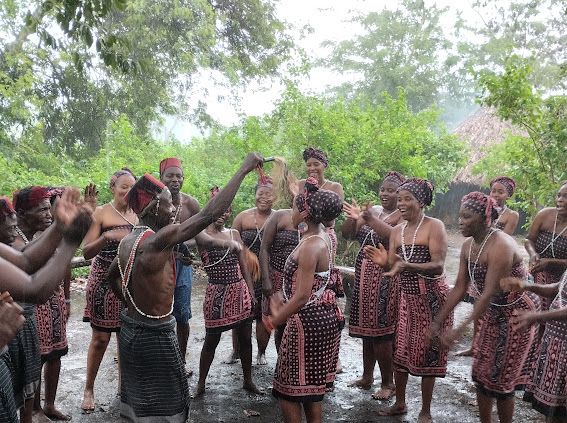
Girls who travel enjoying a traditional dance performance by the locals in Taita, organized by Steri Tours and Travels. Photo / Phoebe Maina
Despite its success, the venture has its fair share of challenges. Phoebe notes that attracting both domestic and international tourists can be difficult, especially as a woman in the industry. She recounts an incident where an international tourist canceled a booking because the company didn’t have roots in the tourist’s native home.
Additionally, men trying to take advantage of women in the industry in business dealings, and finally balancing work with parenting is also difficult due to the demanding nature of travel in her business hence balancing work and parenting she said remains a struggle.
“When I go for site visits, I sometimes bring my children along. This way, I can combine site visits with family vacations, ensuring I don’t miss out on parenting while also attending to business,” she said.
Accessing funding is another hurdle. “People think tourism is a luxury business that doesn’t need funding,” Phoebe laments.
Dr. Portia Sifolo, a senior lecturer in the Department of Tourism Management at Tswane University of Technology in South Africa, highlighted that, in addition to financial and market access challenges, legal matters are also significant hurdles for those entering the tourism industry. She stressed the need for substantial support from relevant authorities.
“We need to better understand how to unpack this information and assist startups so that they grasp the legal issues and terms and conditions from the outset,” Dr. Sifolo said. She also emphasized the importance of bridging the gap between industry veterans and startups through innovative skills development.
Judy Kepher-Gona, a sustainable tourism expert with over 18 years of experience and founder of the Sustainable Travel and Tourism Agenda (STTA), is leading efforts to shape a sustainable future for Africa’s tourism sector.
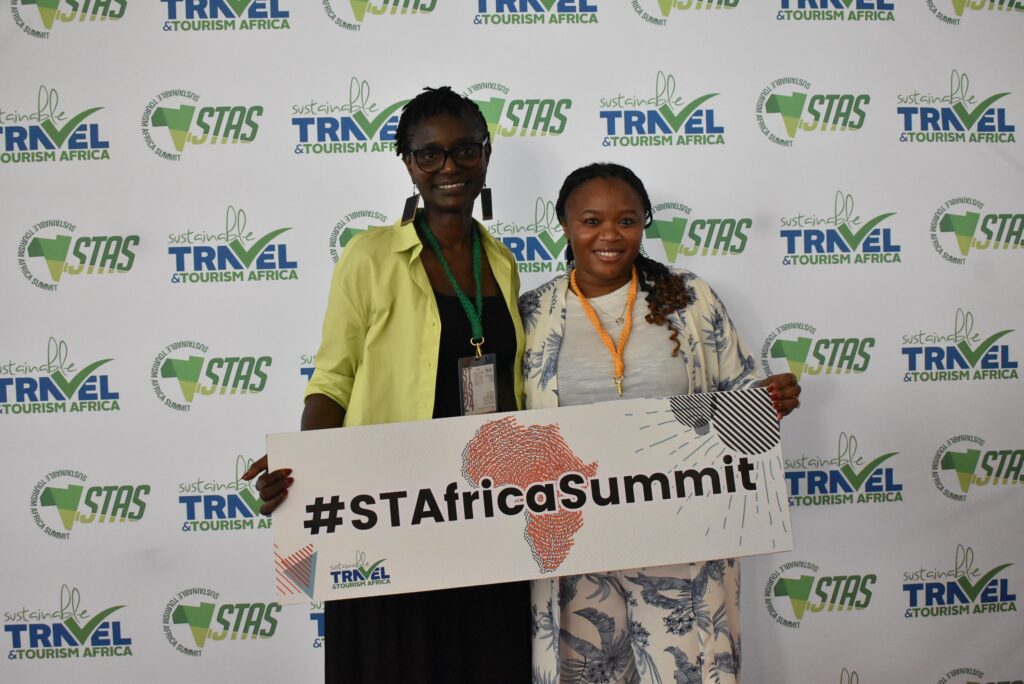
Left ,Judy Kepher-Gona, Founder of the Sustainable Travel and Tourism Agenda and Dr. Portia Sifolo, senior lecturer in the Department of Tourism Management at Tswane University of Technology in South Africa, at the Sustainable Tourism Africa Summit. Photo credit STTA
Judy finds it inspiring to see women enter the tourism industry and encourages startups to integrate community involvement to achieve sustainable tourism.
“We need to return to our indigenous knowledge systems to learn about coexistence. In Africa, we have sayings that protect the environment, manage consumption, and promote mutual respect between people and nature. Integrating these practices can help us achieve sustainable tourism,” she concluded.
Phoebe encourages youths and women to persevere if they want to venture into the tourism industry.
“It’s a business one can start with little or no money. Build trust with potential travelers and hotels, curate experiences creatively, and you can travel while making money,” she concluded.


